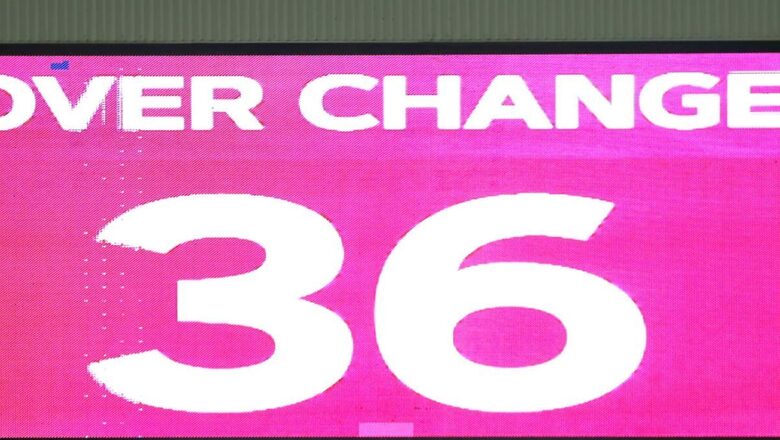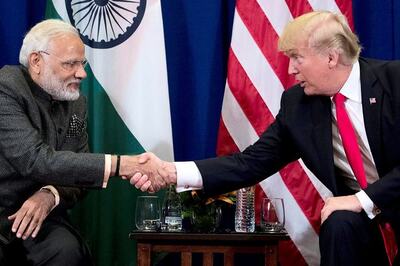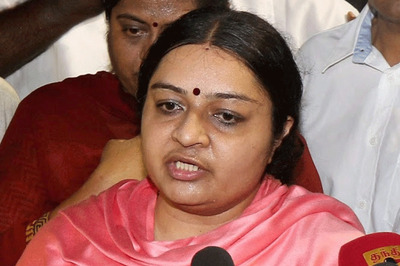
views
The International Cricket Council (ICC) have officially mandated the use of stop-clocks in between overs in international white-ball fixtures.
The announcement revealed that the new rule will become a permanent mandate in both ODIs and T20Is, starting from June 2024 in the ICC Men’s T20 World Cup 2024 hosted by the West Indies and the United States of America.
The rule involves an electronic clock that’s displayed on the ground which counts down from 60 to 0 and the call remains with the third-umpire as to when to begin the timer.
If the fielding side fails to be ready to bowl their next over within the time limit, the side will be handed a warning. After two warnings, any subsequent violations will lead to a five-run penalty each.
However, there are also instances where the clock, if started, can be cancelled in certain situations. This includes,
- When a new batter comes to the wicket between overs.
- An official drinks interval has been called.
- The umpires have approved the on-field treatment of an injury to a batter or fielder.
- The time lost is for any circumstances beyond the control of the fielding side.
According to the ICC, the results presented when the rule was implemented during a trial basis had shown that approximately 20 minutes had been saved per ODI match. The trial period had started back in December last year.
READ MORE: Dhruv Jurel Thanks ‘Sunil Gavaskar for Comparing… But MS Dhoni is a Legend’
The T20 World Cup will begin on June 2nd with the first game taking place between the United States and Canada. India will play their tournament opener against Ireland on June 5 at the Nassau County International Cricket Stadium in East Meadow, New York. England who are the defending champions will begin their tournament against Scotland on June 4 at the Kensington Oval in Barbados.
READ MORE: ‘I Don’t Think he Can Take a Break’: Anil Kumble Hints MS Dhoni Could Continue Playing IPL Beyond 2024 Season
The implementation of the new rule will be aimed to put a stop to the slow over rates which have been considered as a major hindrance in the white-ball format.




















Comments
0 comment